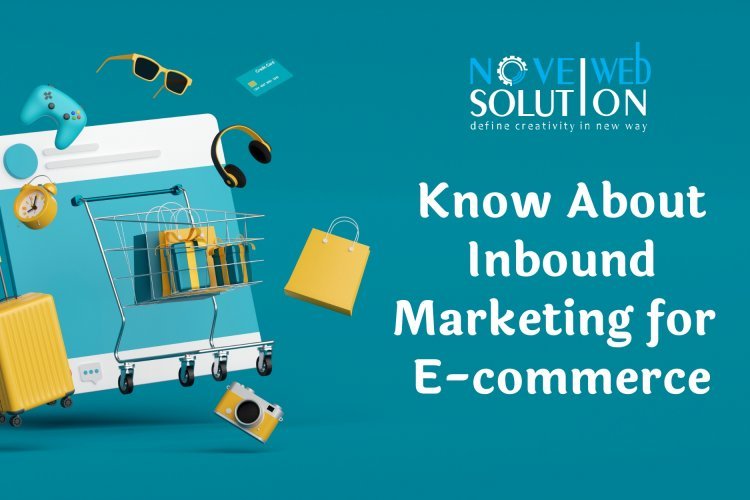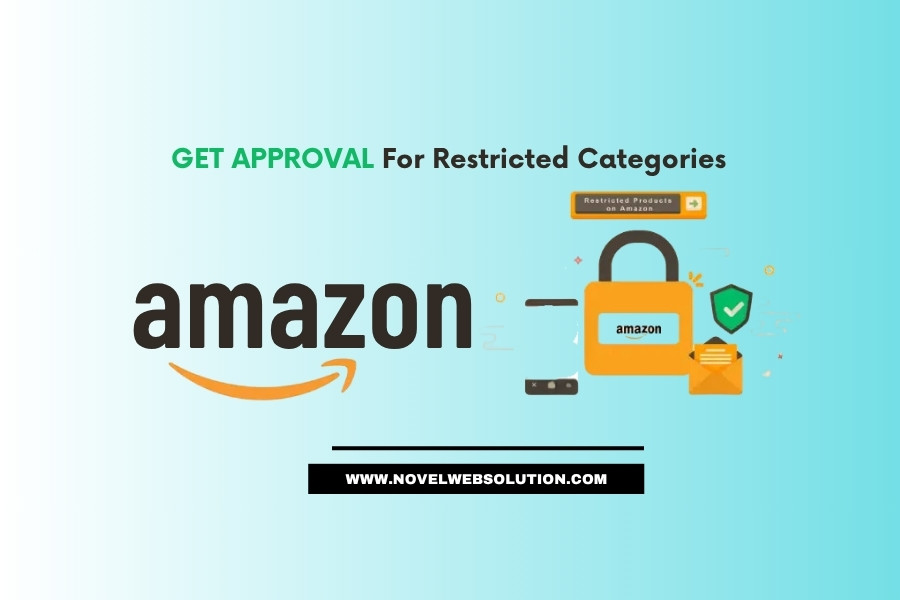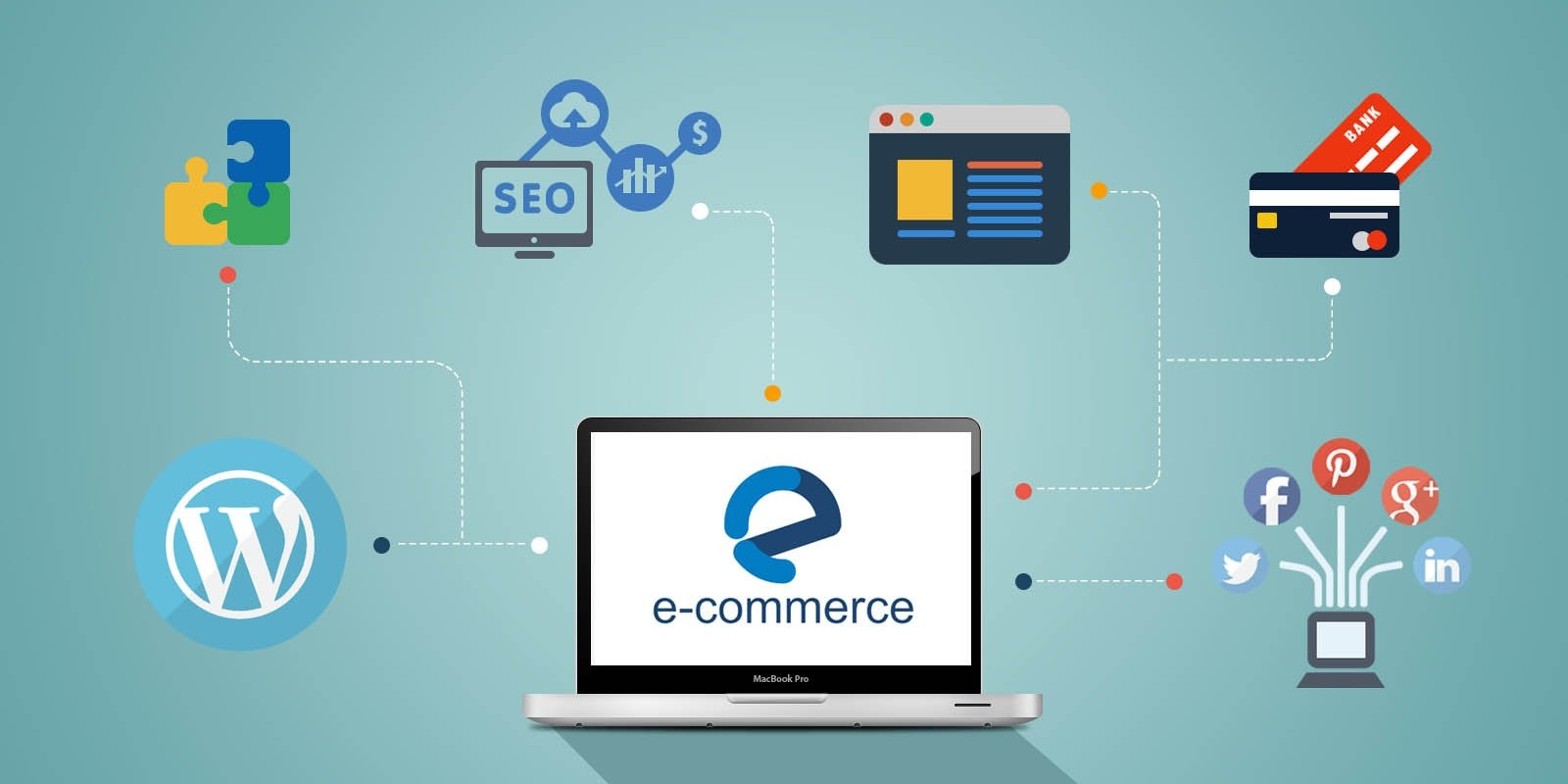Know About Inbound Marketing for E-commerce

Are you looking for ways to increase your e-commerce store’s visibility and customer engagement? Adopting an inbound marketing strategy might be the way to go. Inbound marketing is a customer-centric approach that focuses on creating helpful content and experiences tailored to the needs and interests of your target audience. This article will provide an overview of inbound marketing for e-commerce, discuss its benefits, and provide tips on how to get started.
What is Inbound Marketing?
Inbound marketing is a marketing strategy designed to attract customers to your e-commerce store. Instead of using traditional outbound marketing tactics such as television and radio ads, inbound marketing focuses on creating content that provides value to your customers. This content can include blog posts, social media posts, and videos. The goal of inbound marketing is to draw customers in and engage them with your brand.
Benefits of Inbound Marketing for E-commerce
Inbound marketing offers several benefits for e-commerce stores. First, it can help to increase your website’s visibility and organic traffic. By creating content tailored to the needs and interests of your target audience, you can reach a larger and more engaged audience. This, in turn, can help to boost your SEO rankings and drive more qualified leads to your website take service best SEO Company in Jaipur.
Inbound marketing can also help you to build relationships with your customers. By creating helpful content, you can establish yourself as a trusted source of information and a reliable resource for your customers. This can help to increase customer loyalty and engagement.
Finally, inbound marketing can help you to generate more leads and sales. By providing helpful content to your target audience, you can turn them into paying customers.
Key Components of Inbound Marketing Include:
Content Marketing: High-quality and relevant content is at the heart of inbound marketing. E-commerce businesses can create blog posts, videos, social media content, and more to educate and engage their target audience.
SEO (Search Engine Optimization): Optimizing web content for search engines ensures that your e-commerce site ranks higher in search results, making it more discoverable for potential customers.
Social Media: An active presence on social media platforms allows e-commerce businesses to interact with their audience, answer questions, and showcase their products.
Email Marketing: Sending personalized and relevant emails to potential customers can nurture leads and guide them through the sales funnel.
Analytics and Data Insights: Utilizing data and analytics tools can help e-commerce businesses better understand their customers' behaviors and preferences.
Getting Started with Inbound Marketing for E-commerce
If you’re looking to get started with inbound marketing, here are a few tips to keep in mind:
1. Identify Your Target Audience
The first step in creating an effective inbound marketing strategy is to identify your target audience. Think about who your customers are and what their needs and interests are. This will help you to create content that resonates with your audience.
2. Create Engaging Content
Once you ’ve connected your target followership, it’s time to start creating content. This can include blog posts, social media posts, videos, and more. Make sure to create content that is helpful, engaging, and tailored to your customers’ needs and interests.
3. Optimize Your Content for SEO
To ensure your content is seen by the right audience, it’s important to optimize it for search engines. This includes using relevant keywords, optimizing your titles and meta descriptions, and creating internal links.
4. Track Your Performance
Once your content is published, it’s important to track its performance. This will help you to determine which content is resonating with your customers and which areas need improvement.
5. Utilize E-Commerce Account:
Deception involving e-commerce accounts entails fraudulent activities executed on online shopping platforms. This may include identity theft, account hacking, or fraudulent transactions, causing financial losses and personal data breaches. E-commerce platforms employ encryption, fraud detection, and verification systems. Staying vigilant and adopting protective measures are crucial to maintain account security and trust in e-commerce. A Flipkart, Amazon or Meesho Account Management Service.
Finally, it’s important to take advantage of an e-commerce account management service such as Meesho, Flipkart, or Amazon. These services can help you to manage your accounts and track your performance. Additionally, they can provide insights into customer behavior and help you to optimize your content.
Conclusion
Inbound marketing is an effective marketing strategy for e-commerce stores that can help to increase your website’s visibility, build relationships with customers, and generate more leads and sales. To get started, identify your target audience, create engaging content, optimize your content for SEO, track your performance, and utilize a Meesho, Flipkart, or Amazon account management service. To learn more, contact a reputable SEO Company to discuss your needs.






